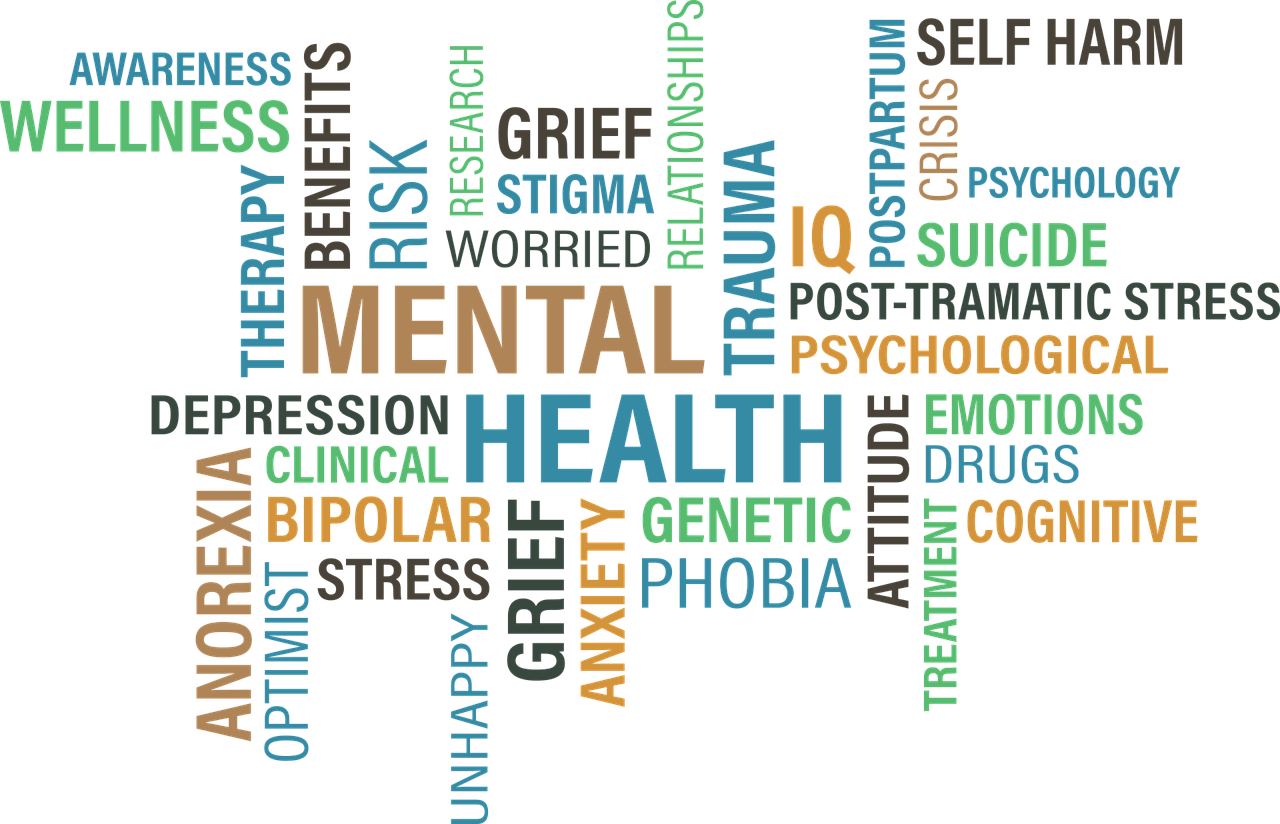Introduction to Mental Health in College Students
The coronavirus has not just attacked our health physically, but it has taken a toll on our mental health as well. The younger generations are more prone to struggling with mental health issues. According to the CDC, “three of four Americans between the ages of 18 and 24 report mental health tied to the pandemic”. Some of the main areas affected by college students are stress, anxiety/depression, disappointment, loneliness/isolation, financial setback, and uncertainty. These feelings can be brought on or intensified by numerous factors. The added difficulties and complications brought on by the pandemic to universities are affecting college students and their health tremendously. From canceling plans, not being able to see loved ones, extreme workloads, jobless, death or sickness, home life, financial issues, and the list goes on.
Students and the use of mental health resources
During the pandemic, students have been living in a time of uncertainty, isolation, constant change. This makes trying to balance multiple areas of one’s life under these circumstances even more challenging. Not all students have had the resources to speak with a therapist or a counselor, but the number of students going to counseling has increased since March of 2020. “More than half of the 50,000 students who participated in the American College Health Association’s Spring 2020 National Health Assessment reported receiving mental health services within the past year.”
College Students And Their Health: Tips to cope with your feelings
Tip #1
First, it is important to know that it is okay and normal to feel how you are feeling.
It is only human of us all to experience feelings of sadness, anger, frustration, anxiety, or all of the above during these crazy times. But, remember it is necessary to communicate with others how you are feeling. If these feelings worsen to the extent that you are no longer able to function as your normal self, please reach out to your college and find some mental health resources.
Tip #2
Maintaining a routine
Maintaining a routine helps gives a sense of structure. Try to consistently start and end the day at about the same time, set daily goals, and manage time wisely. Also, it is encouraged to maintain adequate nutrition and incorporate a little physical activity each day. For example, productive and mindful activities like getting some fresh air and go on a walk, run, or bike ride are always good for your mental and physical health.
Tip #3
Practicing good sleep hygiene
and maintaining a consistent sleep schedule. The recommended amount should be 7-9 hours per night. Limit screen time in the evening, and avoid caffeine starting in the afternoon. Lack of sleep affects us in more ways than we think.
Tip #4
Connecting with others is key
It is easy to quickly feel lonely and secluded from others during this stay-at-home period. Make the effort to stay socially connected, at least by engaging in regular video or phone calls with friends and family.
Tip #5
Take a break
It is important to take a break and make time for self-care. Step away from the news and from school assignments to do something you enjoy and that you find relaxing or calming. The more self-care incorporated into your life regularly the better
https://medicine.umich.edu/dept/psychiatry/michigan-psychiatry-resources-covid-19/adults-specific-resources/coping-covid-19-pandemic-college-student
Advice for Educators and Parents
We all know that times are rough but educators and parents have to pay attention to the signs of distress within students. Some frustrations, stress, and anxiety are expected but anything abnormal should be checked on. Whenever certain behaviors or signs are noticed, they should be addressed. The next step is connecting students with the resources for help. Resources could be at home, on-campus, or in the community. Students depend on their schools, educators, parents are community leaders. As a community, they need to stay proactive in sharing information, resources and checking in on students during this time. Communication and working together are key to this challenge.
Called her crisis hotline, “I’m feeling pretty bad, I’m not doing too well…I need somebody to talk to…”. She decided that at that moment she was not okay.
“Students feel like they are in this alone, emotionally and academically”…
ABOUT THE AUTHOR
Jada Pierce
Student Author - Spring 2021








